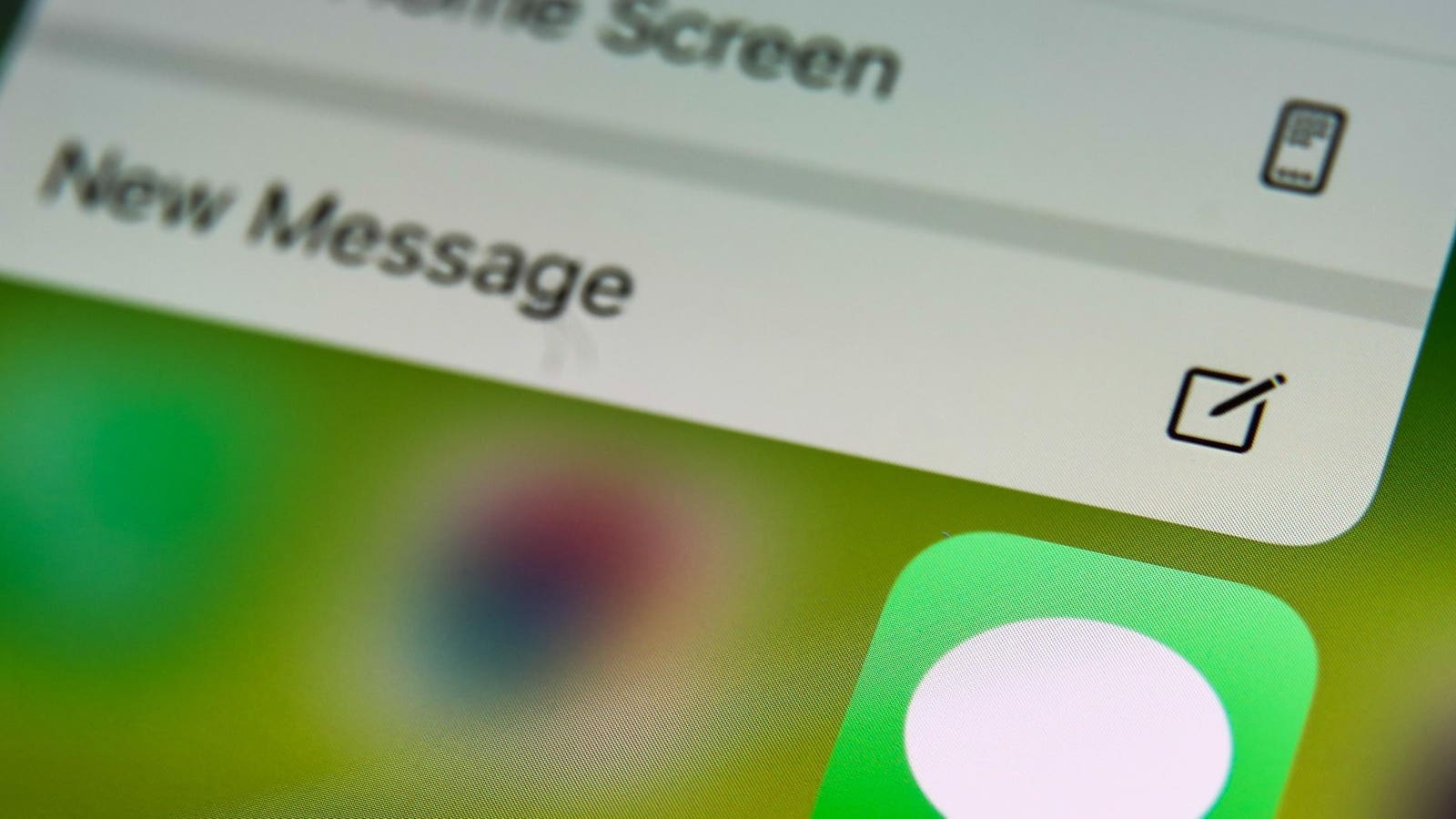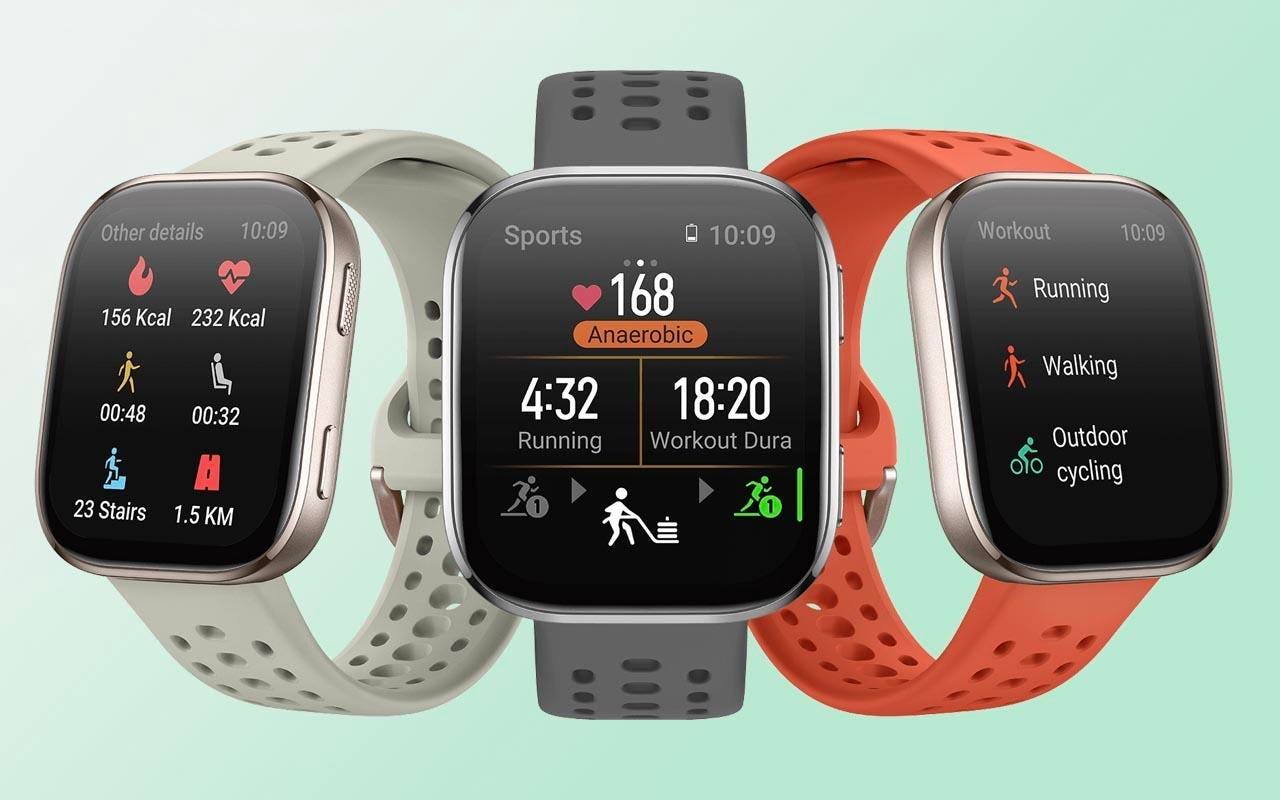All change for iMessage
Republished on May 19 with a new report into WhatsApp’s potential risks.
It was all going so well — to an extent. Messaging between iPhones and Androids is about to get a game-changing update that could be the biggest threat to WhatsApp in a decade. It could end the huge security gap that saw the FBI warn users to stop texting. It could finally kill off SMS. But it has all started to go wrong.
That FBI warning followed Chinese hackers marauding through U.S. networks, highlighting (yet again) the painful lack of full encryption between iPhone And Android messaging when using iMessage and Google Messages. That stock messaging has now upgraded to RCS, and when mobile standards setter GSMA adds end-to-end encryption to its standard RCS protocol, that same messaging will finally be fully secured.
That upgrade will be an Apple/Google competitor to WhatsApp. When communicating within iMessage or Google Messages, content is fully secured. It’s only cross-platform that security falls away. Fully encrypting RCS fixes that. And with perfect timing, the controversial decision to force Meta AI on WhatsApp users should have been a gift to Apple, Google and the telco networks operating RCS. Should have been.
But with equally perfect timing, the two major problems with RCS are now making headlines, reminding billions of users why using over-the-top platforms like WhatsApp is so compelling. One is security related, the other is just Google being Google.
On the security front, as I warned this week, RCS is now being used by China’s organized criminal gangs, who favor this over SMS given its rich format and better engagement. Resecurity warns new attacks on a “massive scale” can send 2 million texts daily, “enough to target every person in the US at least twice every year.”
“Cybercriminals prefer modern messaging platforms because they provide a richer set of tools for creating convincing attacks, better engagement features, and more sophisticated methods of deception.” Exactly the same benefits attracting users.
And those same benefits also bring the second threat to RCS — marketing. Per Phone Arena, “Google RCS Business Messaging gets flashy, but is this what we wanted? As rich media ads arrive through Google Messages, concerns about spam and consent grow.”
While Android Police warns “RCS ad spam worsens across all platforms and could be here to stay… Unwanted RCS advertisements remain rampant to this day. Now that iOS users have been invited to the spamfest, nobody has to feel left out.”
The new warnings have been triggered by the partnership between Clerk Chat, Google and the U.S. networks. This will be “the first simultaneous multi-carrier RCS deployment in North America [to] transform traditional transactional, SMS announcements into an interactive, AI-powered conversation [with] consumers.” But what starts in the U.S. will shape what’s done everywhere else.
It’s all about engagement again. “Internal testing shows that RCS messaging delivers significantly higher engagement rates than traditional SMS… The solution leverages Apple’s recent adoption of the RCS protocol and Google’s verified business messaging platform, creating a seamless experience for both Android and iOS users.”
Change your app or change your settings
“Even as Google delivers various add-on features to reduce spam,” Android Police says, “there’s one thing it’s not telling you. The mobile industry explicitly pushes RCS as a way to regain control over the business-to-consumer engagement pipeline and greatly streamline automated marketing messaging. It’s not even really a secret, so don’t expect it to go away anytime soon. And expect AI to be closely intertwined.”
Google has now brought an unsubscribe button to Android for RCS business messages — one business at a time, of course, and anti-fraud defenses to flag RCS scams within its Messages app. But in a world where 3 billion users turn to WhatsApp each month, there’s an easier option for users wanting a less marketing heavy experience. For Apple users, that RCS upgrade is turning out to be much less fun than expected.
So, what can you do. You can change iMessage to an over-the-top platform to escape RCS marketing. If you don’t want to move away from iMessage, you can change your settings to disable RCS or RCS Business Messages. Do this in Settings—Apps—Messages—RCS Messaging. This isn’t a catch all. As Android Authority warns iPhone users: “You didn’t ask for ads in your RCS chat app, but you’re going to get them anyway.”
If you do want to switch, it’s more likely than not that WhatsApp will be your choice, with its benefits over SMS and now RCS. There is much less spam, less scams on WhatsApp. It’s easier to block messages and you’re harder to find. But when marketeers get through, the advantages are quickly apparent. And that’s a warning sign for users.
A new report aimed at marketing professionals highlights the risks for users. The “10 WhatsApp stats that might surprise marketers” comes as “many businesses are waking up to the benefits, whilst others are reluctant to make the switch.”
Those stats include a stark 87% read rate, which dwarfs other mediums, an even more surprising 57% click rate, as WhatsApp messages “spur half of users to click.” WhatsApp’s secure enclave means “70% of consumers feel more connected” and “83% of users check messages daily.”
The report says “marketers tend to sideline WhatsApp as a tricky-to-track ‘dark social’ channel,” but “the data speaks for itself. WhatsApp is no longer just a platform for chatting with friends, it’s becoming a powerful marketing tool that businesses can’t afford to ignore. With unmatched open rates, lightning-fast response times, and a personal feel that fosters real connection, WhatsApp offers marketers a unique way to cut through the noise.” And it’s hard to argue with those raw stats.
While Meta is pushing WhatsApp’s benefits as a marketing platform hard, it’s easier to control from a user perspective — at least for now. “We want people to be in control of their experience chatting with businesses on WhatsApp and are focused on building tools that help you get relevant and useful information from businesses you care about, without feeling overwhelmed or missing out on important messages.” These measures include opting in to messages from a business and blocking chats with a click.
In contrast to the open RCS platform, WhatsApp’s business broadcasts are paid, place limits on the numbers of messages that can be sent and are quality checked. “We enforce on businesses that violate our policies,” Meta says, “and repeated violations can result in messaging restrictions that gradually increase in duration and severity.”
With the twin furors over Meta AI invading WhatsApp and RCS spam, it’s hard to know how 2025 will play out. What is certain is that the secure messaging space will end 2025 very differently than it started. For Apple users, the question is whether this pushes users back to raw iMessage as a safe harbor and whether Apple leaves well alone.








